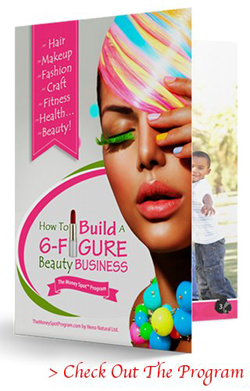 Book stack from: funfacts.com.au Book stack from: funfacts.com.au Read this article first. “The death of publishing is greatly exaggerated. We will still need publishers as long as we read books, just as we still need critics to review those books. It is part of the great filtering process of literature and culture.” Sebastian Shakespeare I think this article misses three key points: Self-published does not mean self-edited I wrote my first novel in 2010. I haven’t yet published it but I wrote it for the sake of writing it. I wanted to produce a thought-provoking, well written story and upon completion I submitted the work to a professional editor who read the work, edited it and gave me an 8-paged critique. Everyone knows that poorly written work won’t sell and you will find that many self-published works have been edited professionally. Self publishers aren’t going the DIY route because they can’t find a publisher I can think of at least three reasons that one might choose to side-step the traditional route. Ease – the publishing industry makes getting your work even read very difficult. This, in part, is because they are inundated with manuscripts. To help them sort through the stuff publishers prefer submissions channelled via an “agent” and this long chain is frankly off putting. Self-publishing requires a little technical know-how and you’re up and away. Many gen-Ys are super confident with technology and will choose the quick and easy way if they can’t be convinced that there is a real benefit in choosing the more treacherous path. Control – the publisher, being the ‘fountain of knowledge’ that she is on themes that are commercially viable and those that are not can exert so much control over a piece of work that you ultimately don’t even recognise it as yours. Or have to make too many compromises. Some people prefer having more control rather than less and self-publishing provides that. Income – a traditional publisher will typically give you 5-10% of profits. Self-publishing can yield up to a 70% share. Publishers might argue that you are getting a smaller piece of a larger pie but why should you be happy with that. If you have done a piece of work you should get most of the reward. Reviewers not publishers or professional literary critics “sort the wheat from the chaff” We live in a world of reviews. I understand that most readers are women especially when it comes to fiction. They base a good portion of what they read on recommendations from friends. Failing that, reviews from every day people help us decide what to read next. If a literary critic rates a book highly but on Amazon the majority of readers rate it 1 out 5, that book won’t do well. The review system adds democracy to the process and is now key in sorting through the immense variety we face in this age of mass consumption. You will frequently see comments like “I wish I had read the reviews before buying this book, it was a total and utter waste of time…” That is the power of reviews. I read reviews before every single purchase now, I seldom bother going to the shops especially when the weather is poor. Every electronic gadget I have (except my digicam) was purchased online. And in the case of the digicam I used online prices to squeeze the price down. No one reads a book because it was published by such and such a publisher People have favourite authors. Once an author is established they will have a dedicated following that will read their output regardless of how it is published. This is why you are finding traditionally published authors going the DIY route. Is publishing dead? No, I don’t think so but they are going to have to change their formulae especially when it comes to the income share. Their magical powers of distribution have been taken by technology so they will have to find relevance in another format. I tweet @GirlBanker
0 Comments
Leave a Reply. |
Archives
December 2015
Categories
All
By Heather Katsonga-WoodwardI'm always thinking, debating, considering and revising my views - some of those deliberations will be shared right here. |


 RSS Feed
RSS Feed
